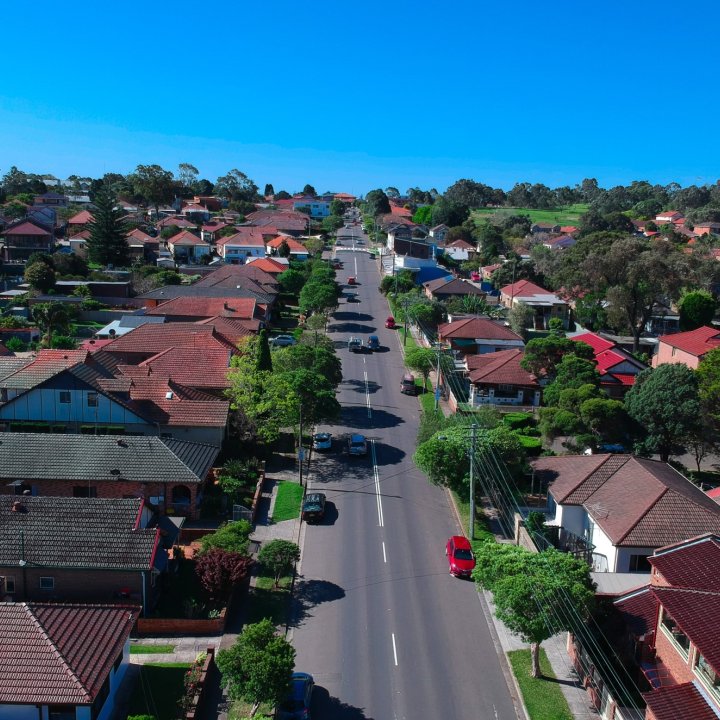
We have made decisions on 6 special variation and 2 minimum rate increase applications
We have assessed the 6 special variation applications in accordance with the Office of Local Government guidelines. The Tribunal has approved the special variation applications from Federation Council, Gunnedah Shire Council, Shoalhaven City Council and Upper Hunter Shire Council, partially approved the special variation application from Northern Beaches Council, and did not approve the special variation application from North Sydney Council.
We also assessed the 2 minimum rate increase applications in accordance with the Office of Local Government guidelines. The Tribunal approved a minimum rate increase application from Gunnedah Shire Council and did not approve a minimum rate increase application from North Sydney Council.
Conditions for the approved special variations
The councils that were approved for a special variation will also have to report in their Annual Reports on how they spent the additional funds, any significant differences from their proposed expenditure, and productivity and cost containments strategies achieved.
Next steps for councils
The next step for councils is to decide how to set their rates for 2025-26. IPART’s decisions determine the maximum amount by which each council can increase their general income. We encourage councils with approved increases to consult with the community to decide how best to implement the allowed increase.
Elected councillors can choose when they implement the approved increase in rates income, including deferring any increases for up to 10 years and also how they set rates across the rating categories.
Accessing our decision, the council’s completed application and submissions
Our reports, instruments (for councils that were approved a special variation or minimum rates increase) and councils’ completed application materials can be accessed by clicking on the council’s name in the table below.
You can also access non-confidential submissions by going to the same table and then clicking on the word Submissions in the row of the council you are interested in. Once again, we would like to thank the community for engaging with us during our consultation process.
We received around 1,100 submissions and more than 6,000 survey responses as part of our consultation process.
You can subscribe to receive email updates about the special variations process for 2025-26 subscribe here.
What are special variations and minimum rates?
Every year IPART sets a rate peg for each council in NSW which is the maximum amount by which councils can increase the general income that they collect from ratepayers (rates income).
For 2025-26, the core rate pegs range from 3.6% to 5.1% across NSW and 72 of the 128 councils also received an additional allowance to reflect an adjusted population factor of up to 3.8%.
If the elected councillors agree that a council needs additional revenue, the council can apply to IPART for a special variation to increase rates income by more than the rate peg amount. Council requests for special variations are often to develop or maintain essential community services and infrastructure.
Councils can apply for special variations for a single year or multiple years (up to a maximum of 7 years), and it can be permanent or temporary.
A council can also set a minimum rate for each of its rating categories, and can apply to increase minimum rate levels above the statutory limit. Minimum rates ensure that ratepayers with lower land values (such as apartments) contribute a certain amount towards community services and infrastructure.
You can find answers to some frequently asked questions in the below factsheets:
- Frequently asked questions - Special Variations
- Frequently asked questions - rates, fees and charges and land valuations
How special variation applications are assessed
IPART assesses Special variation applications against specific criteria set out by the Office of Local Government (OLG). Councils can only apply to IPART for a special variation if the elected councillors pass a resolution to go ahead with the application.
As set out in the OLG assessment criteria, IPART will consider whether councils have:
- demonstrated the need for the additional income
- provided evidence that the community is aware of the need for and extent of the proposed rate rise
- established that the impact on affected ratepayers is reasonable
- exhibited, approved and adopted relevant planning documents
- explained and quantified the council’s productivity improvements and cost containment strategies.
In addition, the Tribunal may take into account any other information it considers relevant. Further information regarding the assessment criteria can be accessed here.
A summary of our special variation decisions from 2015-16 can be found at Summary table of SV decisions.

